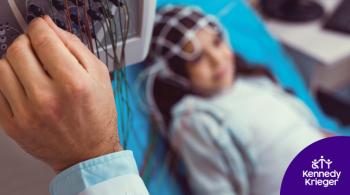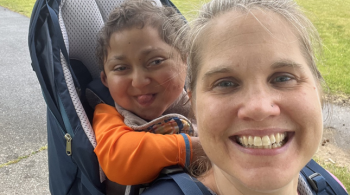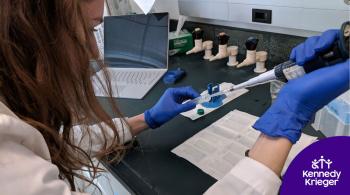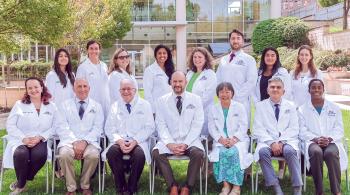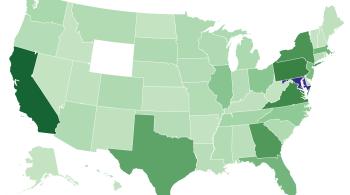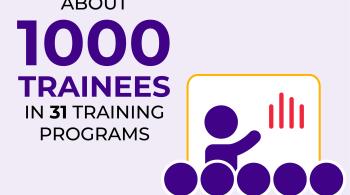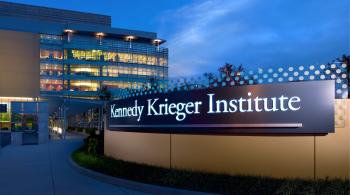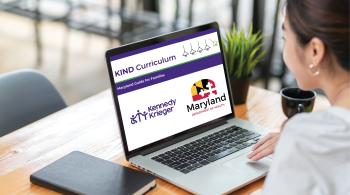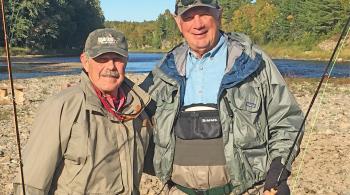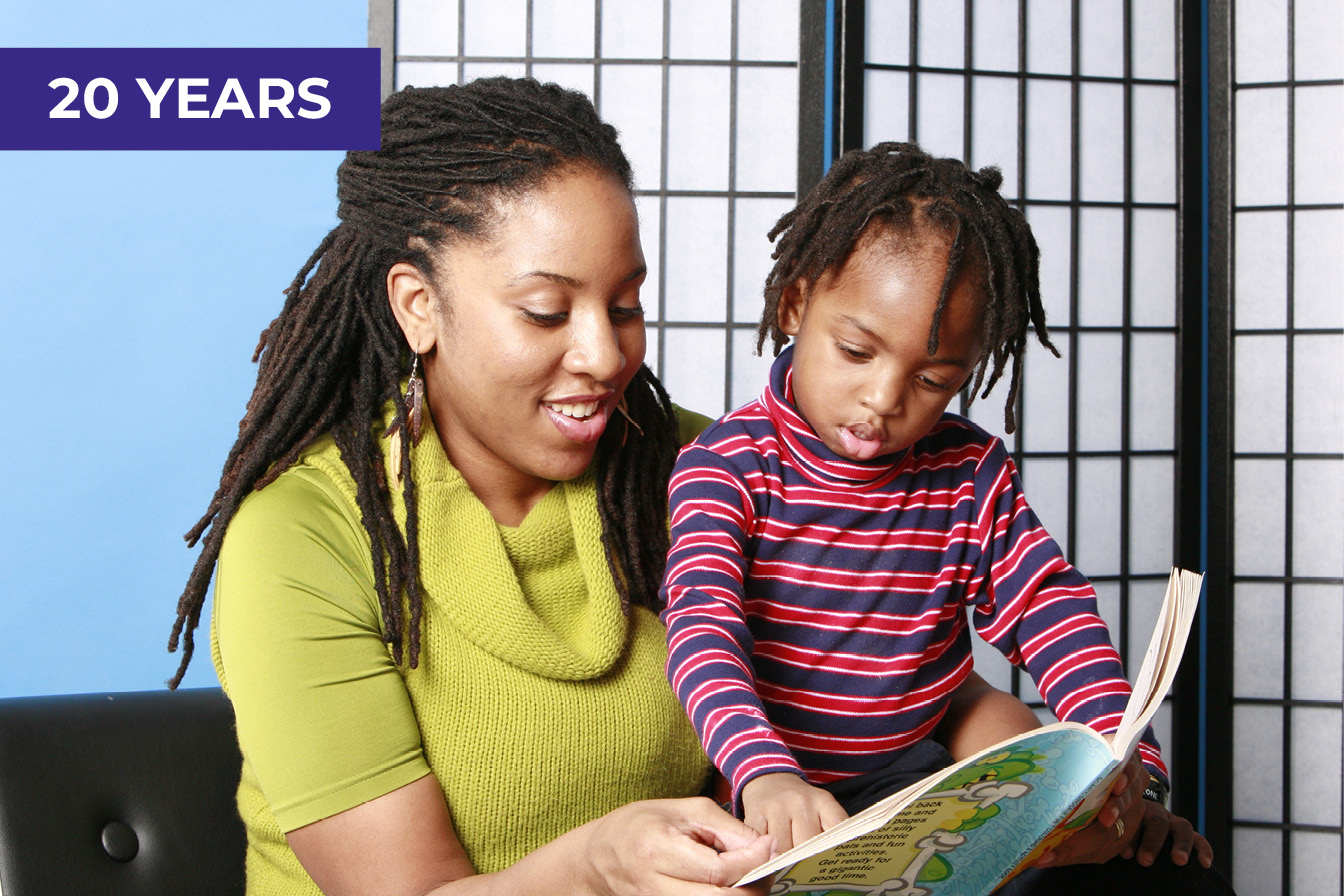
By Morgan Binkis
This year marks the 20th anniversary of Project HEAL (Health, Education, Advocacy, and Law), an innovative medical-legal partnership at Kennedy Krieger Institute. With a robust legal advocacy team deeply rooted in both the legal and disability rights communities, Project HEAL provides patients of Kennedy Krieger and their families with representation in civil legal matters. That could include special education, adult guardianship and less restrictive alternatives (LRAs), and Supplemental Security Income (SSI) and Social Security Disability Insurance (SSDI) matters.
“Over the years, we’ve evolved significantly from having just one attorney focused on special education matters to having a director, three full-time attorneys and one contract attorney providing a broad range of services,” says Project HEAL founder Maureen van Stone, assistant vice president and director of the Maryland Center for Developmental Disabilities (MCDD) at Kennedy Krieger, under which Project HEAL is housed.
We've seen children move from environments where they were simply surviving to places where they’re thriving.” – Mallory Legg
While children who are eligible for special education and related services under the Individuals with Disabilities Education Act (IDEA) in the U.S. have the right to a free and appropriate public education, school systems aren’t always equipped to provide an appropriate educational program and placement. Project HEAL’s attorneys assist families in advocating for appropriate services and school placements for their children. They also collaborate with Kennedy Krieger staff members and trainees to ensure patients receive the medical and legal care they need. Project HEAL offers its services on a sliding-fee scale, based on a family’s household size and income.
The program’s impact is most visible in the individual lives it helps transform. “We've seen children move from environments where they were simply surviving to places where they’re thriving—making friends, succeeding academically and even starring in school plays,” says Project HEAL Director Mallory Legg, who began working for the program as a law student in 2013.
One particularly memorable case involved a high school senior whose dream of becoming a Baltimore City police officer was nearly derailed when he was found to be reading at a first-grade level. Project HEAL intervened, securing specialized tutoring and support services that helped him graduate and continue working toward his goal.
“He walked over from his local high school to our office building to meet with us,” van Stone recalls. “He later sent us his high school graduation photos. It was pretty amazing.”
Project HEAL also advocates for broader systemic change, analyzing Maryland’s special education due process hearing decisions and using that data to guide policy, train administrative law judges and advocate for legislative reforms.
As it celebrates 20 years, Project HEAL looks to expand its services. “While we've been able to grow the program and respond to the legal needs of our patients and families, there’s still more to do,” van Stone says. “Continuing our outreach into rural areas in Maryland and broadening our legal offerings could make an even greater difference.”

